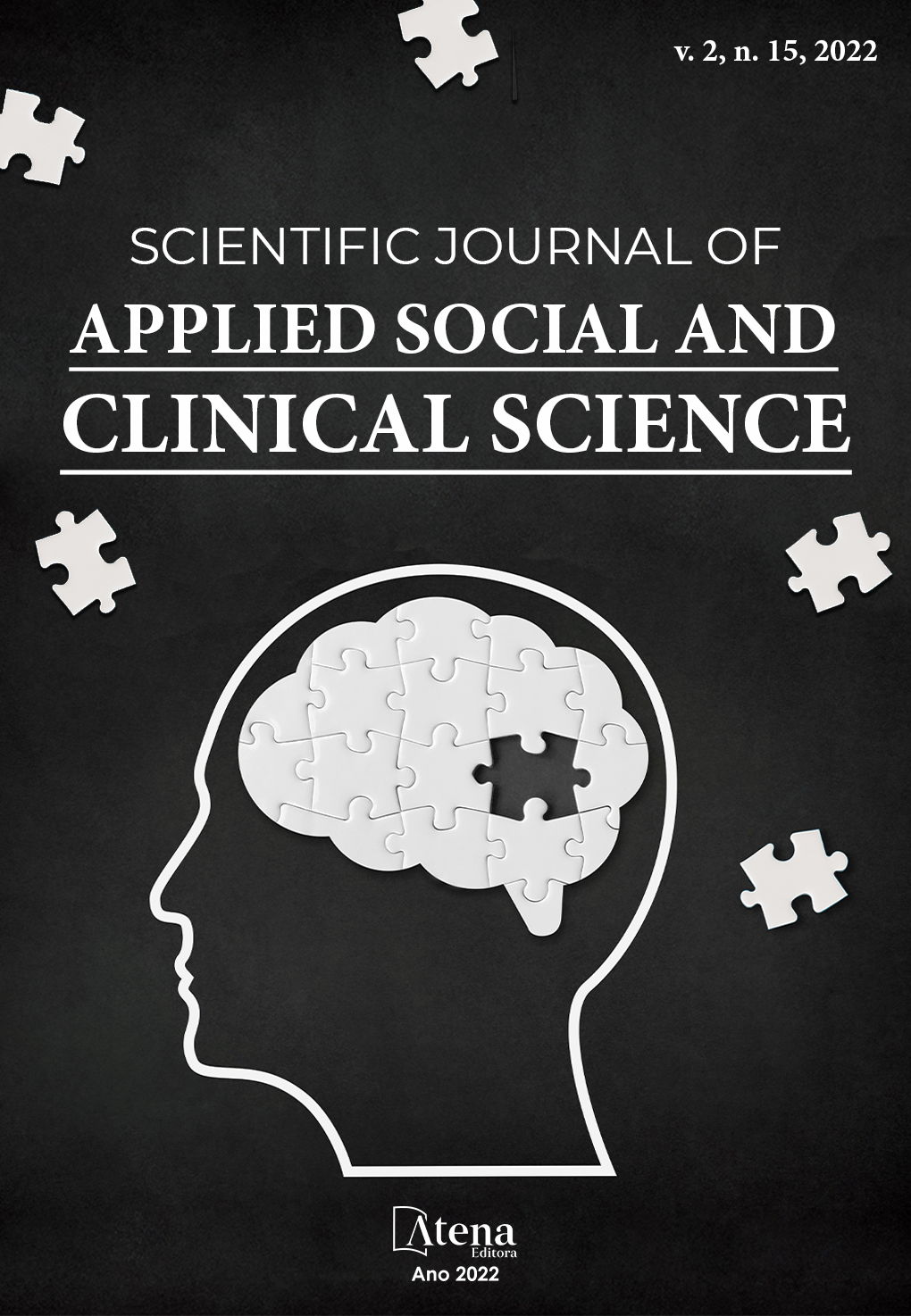
A SOCIOLOGY OF TOURISM: THE CONCEPT OF THE HYBRID TOURIST
The object of study is a necessary epistemological demarcation for the development of a social theory of tourism under a socio-historical approach. Contextualizing the profile of a contemporary tourist is the problem of knowledge. I conceptualize tourism as a social phenomenon that takes place with the travel of tourists to places, an expression of the modern capitalist industrial era that involves the offer of economic services of hospitality, whose rationality impacts spatial, environmental, sociocultural, moral and (geo)politics dimensions. ethnicities, peoples, countries, regions and host communities. This meaning is adequate to encompass its essence and the dimension of the totality in which it is inserted. The main objective is a historical and theoretical foundation of the Sociology of Tourism, contributing to an epistemology of Tourismology. In the results I try to emphasize that society and tourism interact and change dialectically. The 21st century, a complex context of the hyperdevelopment of the scientific, technological, organizational and informational revolution, engenders, in the late capitalism of the superposition of modernity and post-modernity, the hybrid tourist, the one who manipulates his identity, whether as a conventional tourist in mass tourism. Fordist, or as a new traveler with a greater degree of autonomy and cultural capital in Toyotist flexible tourism. I conclude on the importance and actuality of this new meaning of the hybrid tourist concept, and the development of a social theory as educational foundations for the qualification of new tourism professionals. I conclude by converging phenomenological and dialectical principles for new investigations in this field as a methodological thesis.
A SOCIOLOGY OF TOURISM: THE CONCEPT OF THE HYBRID TOURIST
-
DOI: 10.22533/at.ed.2162152219082
-
Palavras-chave: Sociology of Tourism; hybrid tourist.
-
Keywords: Sociology of Tourism; hybrid tourist.
-
Abstract:
The object of study is a necessary epistemological demarcation for the development of a social theory of tourism under a socio-historical approach. Contextualizing the profile of a contemporary tourist is the problem of knowledge. I conceptualize tourism as a social phenomenon that takes place with the travel of tourists to places, an expression of the modern capitalist industrial era that involves the offer of economic services of hospitality, whose rationality impacts spatial, environmental, sociocultural, moral and (geo)politics dimensions. ethnicities, peoples, countries, regions and host communities. This meaning is adequate to encompass its essence and the dimension of the totality in which it is inserted. The main objective is a historical and theoretical foundation of the Sociology of Tourism, contributing to an epistemology of Tourismology. In the results I try to emphasize that society and tourism interact and change dialectically. The 21st century, a complex context of the hyperdevelopment of the scientific, technological, organizational and informational revolution, engenders, in the late capitalism of the superposition of modernity and post-modernity, the hybrid tourist, the one who manipulates his identity, whether as a conventional tourist in mass tourism. Fordist, or as a new traveler with a greater degree of autonomy and cultural capital in Toyotist flexible tourism. I conclude on the importance and actuality of this new meaning of the hybrid tourist concept, and the development of a social theory as educational foundations for the qualification of new tourism professionals. I conclude by converging phenomenological and dialectical principles for new investigations in this field as a methodological thesis.
-
Número de páginas: 12
- Hélio Fernando Lôbo Nogueira da Gama


